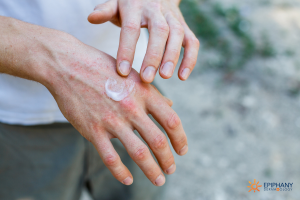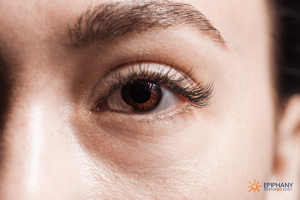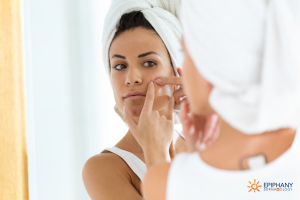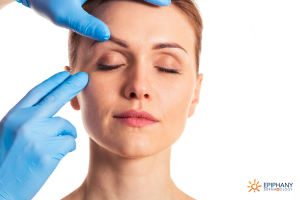 Parenting is an endless journey of deciding what time is the right time to do what – and skincare is no different.
For most parents, three primary questions come to mind when they start thinking about their child’s skincare:
How soon should I bring my child to the dermatologist?
What skin problems are they susceptible to and when do I need to be on the lookout for those issues?
Is skin cancer in kids something I need to worry about?
As ...
Parenting is an endless journey of deciding what time is the right time to do what – and skincare is no different.
For most parents, three primary questions come to mind when they start thinking about their child’s skincare:
How soon should I bring my child to the dermatologist?
What skin problems are they susceptible to and when do I need to be on the lookout for those issues?
Is skin cancer in kids something I need to worry about?
As ... Read more about What Age Should I Take My Children to the Dermatologist?









